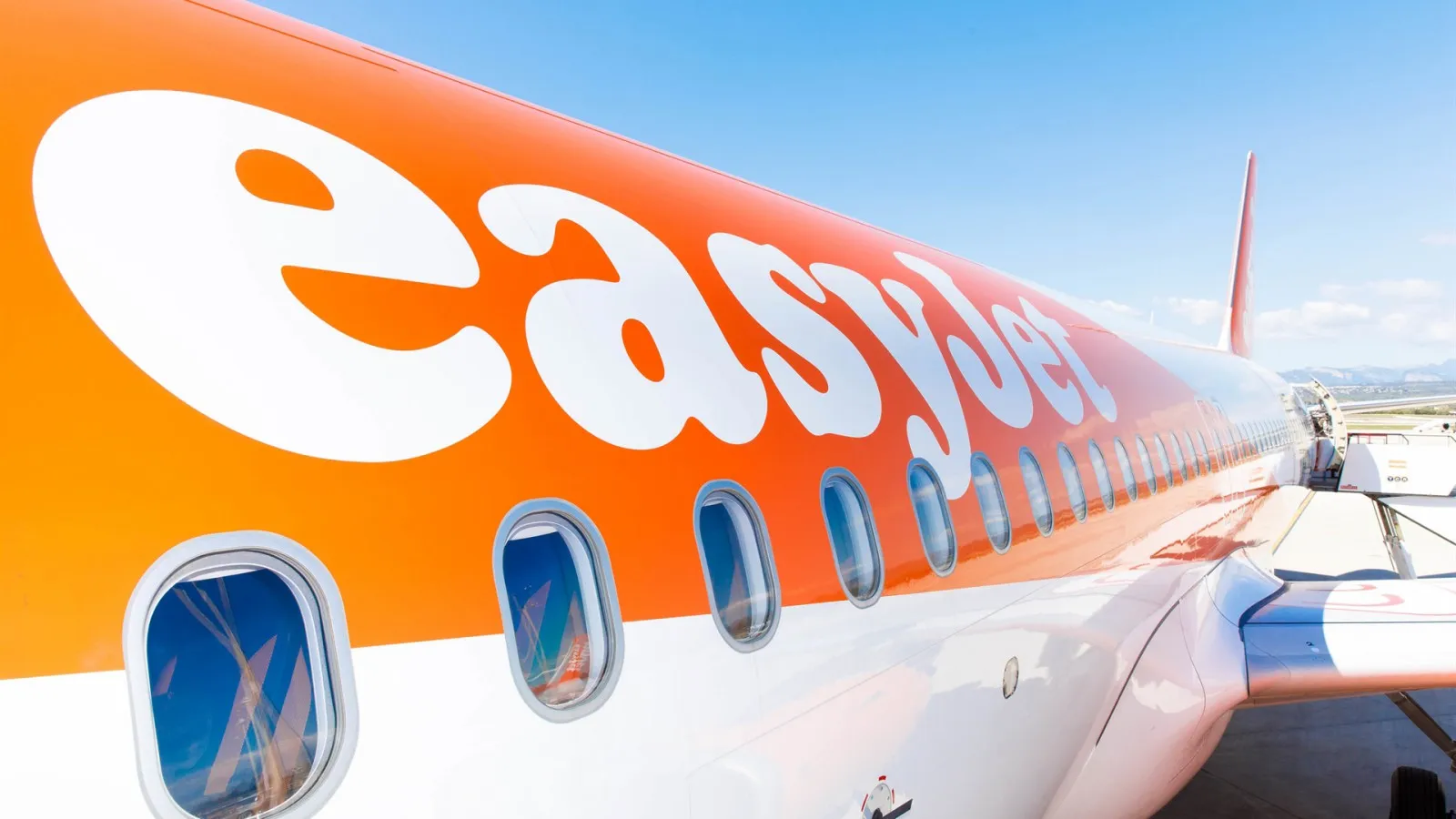
EasyJet commits to carbon-neutral flying, electric aircraft research
Dec 02, 2019

EasyJet has pledged to achieve carbon-neutral flying by investing in sustainable aviation technologies and practices. The airline is actively researching electric aircraft to reduce its environmental impact and enhance the sustainability of air travel. By collaborating with industry leaders and innovators, EasyJet aims to incorporate electric propulsion systems into its fleet, which could significantly lower carbon emissions. The commitment to carbon neutrality reflects the airline's dedication to addressing climate change and promoting greener travel options. EasyJet's initiatives represent a proactive approach to transforming the aviation industry and ensuring a more sustainable future for air travel.
EasyJet's Commitment to Carbon-Neutral Flying
EasyJet, one of Europe's leading low-cost airlines, has taken significant steps towards achieving carbon-neutral flying. This commitment is part of a broader strategy to address climate change and reduce the environmental impact of air travel. By investing in innovative technologies and sustainable practices, EasyJet aims to lead the aviation industry towards a greener future.
Investing in Electric Aircraft Research
In line with its carbon-neutral goals, EasyJet is heavily investing in research and development of electric aircraft. This initiative reflects the airline's belief that electric flying will play a crucial role in the future of aviation. By partnering with various manufacturers and technological innovators, EasyJet is positioning itself at the forefront of electric aviation.
Electric aircraft have the potential to significantly reduce carbon emissions compared to traditional jet fuel. As the aviation industry continues to grapple with its environmental footprint, EasyJet's focus on electric aircraft is a proactive move to not only enhance sustainability but also to meet increasing consumer demand for eco-friendly travel options.
Carbon Offset Program
As part of its sustainability efforts, EasyJet has implemented a comprehensive carbon offset program. This program allows passengers to offset the carbon emissions generated by their flights. By contributing to various environmental projects, travelers can take an active role in mitigating their carbon footprint.
EasyJet's carbon offset initiatives include funding reforestation projects and investing in renewable energy sources. These efforts not only support local communities but also contribute to global efforts to combat climate change. Passengers are encouraged to participate in the carbon offset program, making it a collective effort towards a sustainable future.
Table: EasyJet’s Sustainability Initiatives
| Initiative | Description | Impact |
|---|---|---|
| Electric Aircraft Research | Investment in developing electric planes for commercial use | Reduction in carbon emissions from flights |
| Carbon Offset Program | Allows passengers to offset their flight emissions | Supports various environmental projects |
| Fuel Efficiency Improvements | Implementation of newer, more efficient aircraft | Lower fuel consumption and emissions |
| Waste Reduction Initiatives | Programs to minimize onboard waste | Less environmental impact from flight operations |
Partnerships for Innovation
EasyJet understands that collaboration is key in the fight against climate change. The airline has formed partnerships with various stakeholders, including technology companies and research institutions, to accelerate the development of sustainable aviation technologies. These partnerships enable EasyJet to leverage expertise and resources, driving innovation in electric aircraft design and sustainable fuel alternatives.
Customer Engagement and Awareness
Another vital aspect of EasyJet's sustainability strategy is engaging with customers about environmental issues. The airline has launched campaigns to raise awareness about the importance of carbon neutrality in aviation. By educating passengers on the impact of their travel choices, EasyJet aims to inspire more sustainable travel behaviors.
Through its website and social media channels, EasyJet shares information on how individuals can contribute to reducing their carbon footprint, whether through the carbon offset program or by choosing more sustainable travel options. This transparent communication fosters a sense of community among travelers who prioritize environmental responsibility.
The Future of Air Travel
EasyJet's commitment to carbon-neutral flying and electric aircraft research signals a significant shift in the aviation industry. As consumers become increasingly aware of their environmental impact, airlines must adapt to meet these expectations. EasyJet is not only responding to this demand but is also leading the charge towards a more sustainable future for air travel.
With continued investments in technology and partnerships, EasyJet is paving the way for innovations that could revolutionize the industry. The vision for a future where electric aircraft dominate the skies is becoming more attainable, thanks to the proactive measures being undertaken by EasyJet and similar airlines.
Conclusion
In conclusion, EasyJet's dedication to carbon-neutral flying and electric aircraft research exemplifies a proactive approach to sustainability in aviation. By implementing various initiatives, engaging customers, and forming strategic partnerships, EasyJet is setting a precedent for others to follow. As the airline industry evolves, EasyJet's efforts will undoubtedly play a crucial role in shaping a greener future for air travel.
Related Articles

Explore Thailand: The Best Islands to Visit for Paradise, Adventure, and Relaxation

The Ultimate Guide to the Best Islands in Thailand for Your Next Getaway

Do babies need passports? How to get a passport for a newborn

How to get a U.S. passport fast: here’s how to expedite the process

What is Mobile Passport Control: 5 reasons why you should use it

SENTRI vs. Global Entry: A detailed guide

Do you need a passport to go to the Bahamas? Let’s find out

Do you need a passport to go to Mexico? A detailed guide

Do you need a passport to go to Canada? We got the answer

Do You Need a Passport for a Cruise: An Essential Travel Guide

Booster Seat Requirements: All the Rules to Follow in Your Rental Car

What Are the World’s Most Powerful Passports, and How Does Yours Rank?

How to Take a Passport Photo at Home: A Helpful Guide

You've got to have heart! Southwest's new livery

Your opinion: Should water be free on low cost carriers?

Young women bolder than guys as solo travellers
